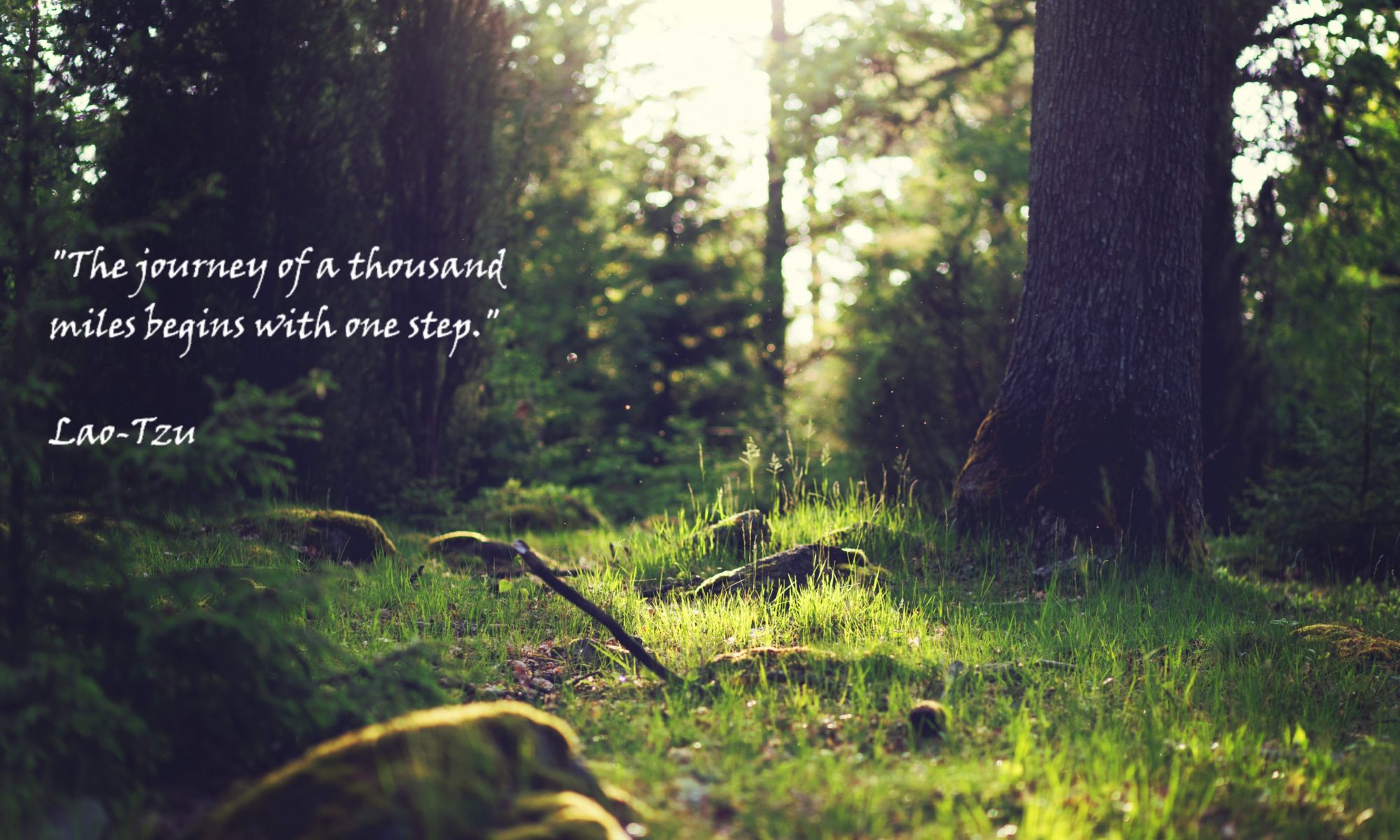What is self-love and why cultivating self-love is so vital in creating your greatest life experiences.
Self-love means accepting yourself as you are right now. There are no exceptions to the contract, which is an agreement with yourself to appreciate, validate, accept, and support who you are at this moment. It means living in present time. Many of us look back to the past with regret, thinking of how you could have handled a situation differently or looking into the future to make who you are right now inadequate. The past can only assist us if we remember the times in which we succeeded, creating positive memories. The future can be our friend if envisioning our next step. Not to make ourself wrong because we have not yet achieved our vision. It is important to love who we are now without reservation.
The role that self-love plays in our lives is so powerful! Without self-love, we fail to recognize our greatness and capabilities, and this sets us up for dependency on others. We search for our validation, approval, and reassurance outside ourselves. Whether we get it from people pleasing, or the need for recognition from work, or simply from doing too much to prove ourselves “good enough”, the result are the same. We are looking without for something that can only be found from within — self-love.
The more we cultivate self-love, and the more we focus our attention on appreciating ourselves, the more joy we will experience, and the more complete our lives will become. The more love and appreciation we have for ourselves, the more love and appreciation we give others and the more open we become to receive life’s blessings. That is why we must begin with self-love.
If you could appreciate your uniqueness, see that the path you have chosen is different from anyone else’s, it would be easier to detach from the views of others and follow your own guidance.
One of the

